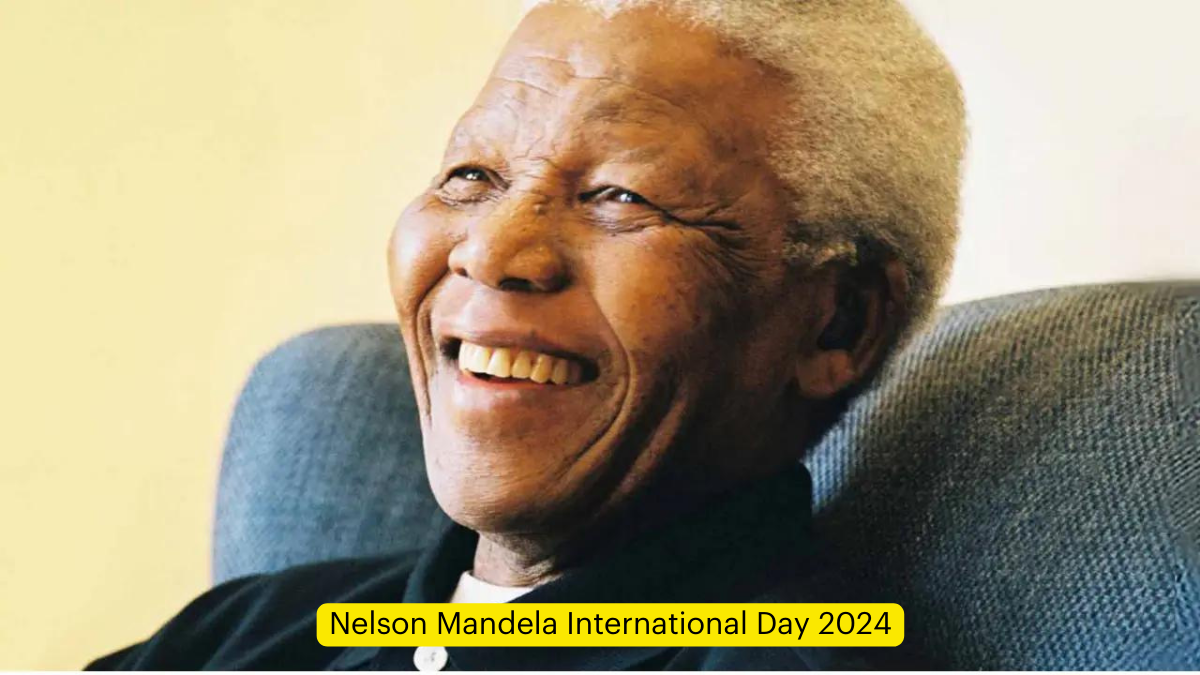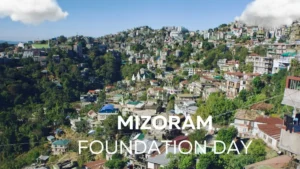Every year on July 18th, the world unites to celebrate Nelson Mandela International Day, honouring the life and enduring legacy of one of history’s most inspiring figures. This day serves not only as a commemoration but as a global call to action, encouraging individuals and communities worldwide to embody Mandela’s spirit of service and dedication to social justice.
Nelson Mandela International Day 2024 Theme
For 2024, the theme “It’s still in our hands to combat poverty and inequality” resonates deeply with Mandela’s lifelong commitment. This powerful message acknowledges the progress made since Mandela’s time while highlighting the persistent challenges that continue to plague societies globally.
Ongoing Struggles
Despite significant advancements, the world still grapples with:
- Widening wealth gaps
- Persistent poverty
- Lack of access to basic necessities for millions
These issues underscore the continued relevance of Mandela’s vision and the urgent need for collective action.
The Significance of 67 Minutes
A unique aspect of Mandela Day is the call for people to dedicate 67 minutes of their time to community service or charitable activities. This duration symbolizes the 67 years Mandela spent fighting for social justice, including his 27 years in prison.
Ideas for Action
Participants are encouraged to engage in activities such as:
- Volunteering at local charities
- Supporting educational initiatives
- Engaging in environmental conservation efforts
- Promoting unity and reconciliation in their communities
These actions, however small, contribute to the larger goal of creating a more just and equitable world.
Historical Context: Nelson Mandela’s Journey
Early Life and Education
Born Rolihlahla Mandela on July 18, 1918, in Mvezo, South Africa, Nelson Mandela’s early life was marked by a pursuit of education and growing political awareness. His expulsion from the University of Fort Hare in 1940 for leading student protests marked the beginning of his activist journey.
Anti-Apartheid Activism
Mandela’s involvement in the anti-apartheid movement intensified in the 1940s and 1950s. Key milestones include:
- 1944: Co-founding the African National Congress (ANC) Youth League
- 1952: Defying government bans on ANC protests, leading to his arrest
- 1956: Facing treason charges in a trial lasting five years
- 1961: Becoming commander-in-chief of Umkhonto we Sizwe, the armed wing of the ANC
Imprisonment and Release
Mandela’s arrest in 1962 led to his infamous 27-year imprisonment, much of it spent on Robben Island. His release in 1990 marked a turning point in South African history and set the stage for the end of apartheid.
Presidency and Legacy
Following his release, Mandela’s journey continued:
- 1991: Elected President of the ANC
- 1993: Awarded the Nobel Peace Prize alongside F.W. de Klerk
- 1994: Elected as South Africa’s first black president in a fully democratic election
- 1999: Stepped down after one term, setting a powerful example of democratic transition
The Establishment of Mandela Day
In recognition of Mandela’s extraordinary life and enduring impact, the United Nations officially designated July 18th as “Nelson Mandela International Day” in 2009. This global observance aims to promote Mandela’s values of:
- Peace
- Reconciliation
- Cultural diversity
- Human rights
Mandela Day 2024: A Call to Action
As we approach Mandela Day 2024, the call to action is more urgent than ever. In a world still grappling with inequality, injustice, and division, Mandela’s principles offer a beacon of hope and a roadmap for positive change.
How to Participate
- Volunteer: Dedicate time to local community organizations
- Educate: Support or participate in educational initiatives
- Advocate: Raise awareness about social justice issues
- Donate: Contribute to charities aligned with Mandela’s values
- Reflect: Learn more about Mandela’s life and legacy




 International Mother Language Day 2026: ...
International Mother Language Day 2026: ...
 Arunachal Pradesh Foundation Day 2026: P...
Arunachal Pradesh Foundation Day 2026: P...
 Mizoram Foundation Day: A Tribute to Cul...
Mizoram Foundation Day: A Tribute to Cul...








